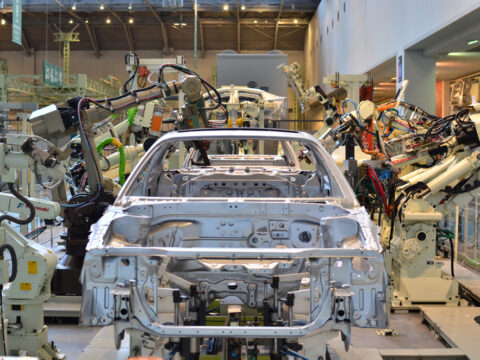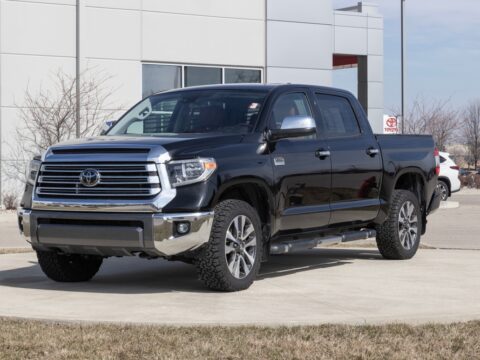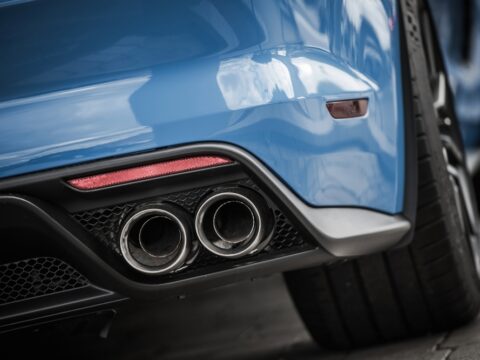Maximizing the value of your car at resale is about more than just keeping it in good shape. It involves strategic choices that can make your vehicle stand out to potential buyers and ensure you get the best return on your investment. From maintaining your car’s exterior to making smart upgrades, small steps can have a significant impact when it comes time to sell.
Understanding what buyers look for and addressing those key areas will boost your car’s appeal and resale value. Whether it’s keeping detailed maintenance records, minimizing unnecessary modifications, or ensuring the vehicle stays clean and well-maintained, these industry hacks will help you make the most out of your car’s resale potential.
Contents
Keep Your Car Clean
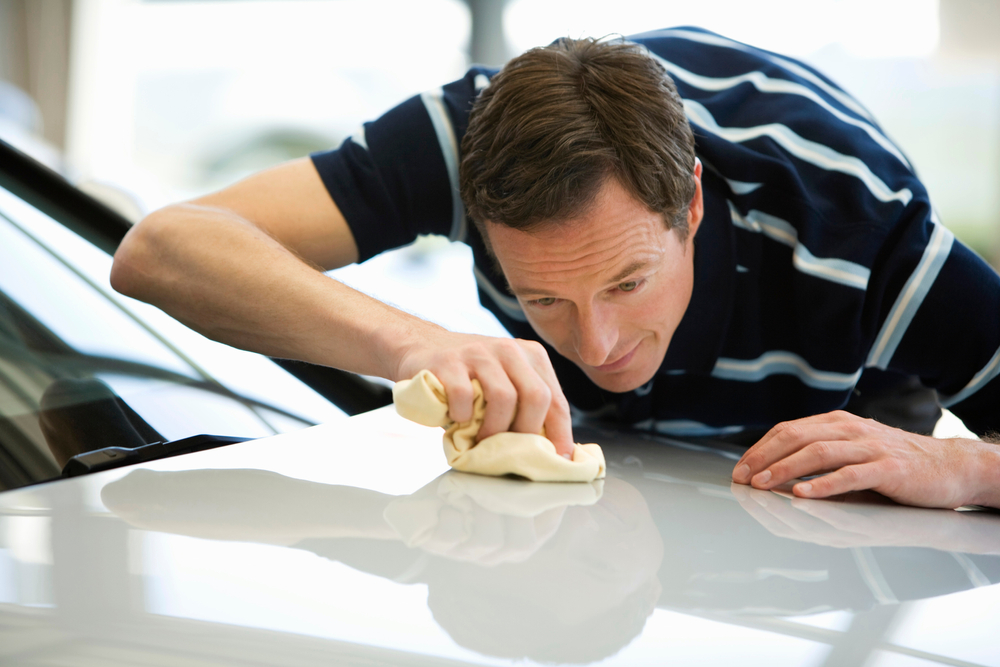
Keeping your car clean, both inside and out, plays a significant role in maintaining its overall condition. Regular washing prevents dirt and grime buildup that can damage the paint over time, while a well-kept interior keeps the upholstery and dashboard from degrading. Potential buyers are more attracted to a car that looks like it’s been cared for, giving them confidence in the car’s condition and longevity. A clean car signals that you’ve been diligent with maintenance, enhancing its appeal and boosting resale value.
Address Minor Repairs
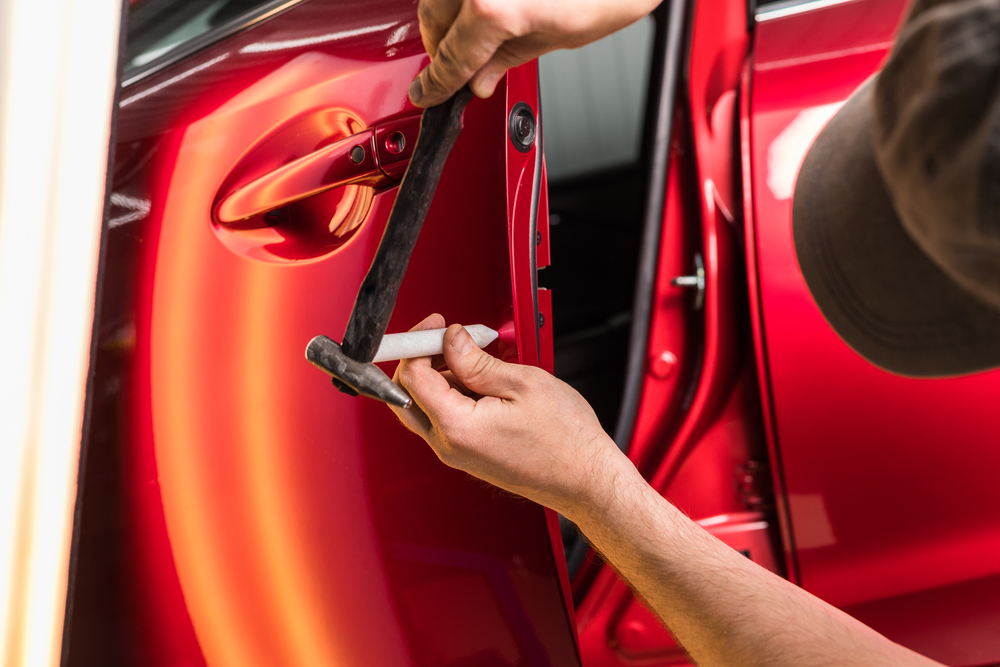
Addressing minor repairs as soon as they arise is crucial to avoiding bigger problems down the road. Small issues like chipped paint, scratches, or broken lights can diminish the overall appearance of the vehicle, making it look poorly maintained. Fixing these problems promptly shows potential buyers that the car has been well taken care of and is less likely to have hidden major issues. A car that appears well-maintained and problem-free will typically fetch a higher price at resale.
Document Maintenance
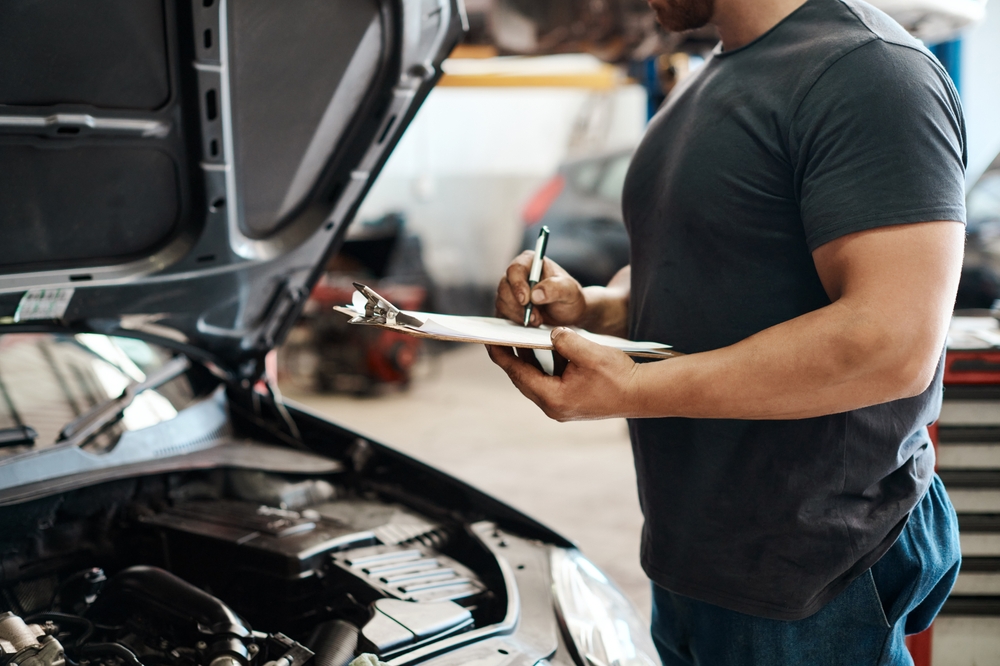
Keeping a comprehensive record of all the maintenance performed on your car can add significant value during resale. This documentation reassures potential buyers that the vehicle has been regularly serviced, reducing concerns about mechanical issues or neglected care. A well-maintained car with a solid paper trail commands higher trust and confidence, making buyers willing to pay more for a vehicle they can rely on. It’s a small step that can lead to a bigger return on your investment.
Have a Covered Garage
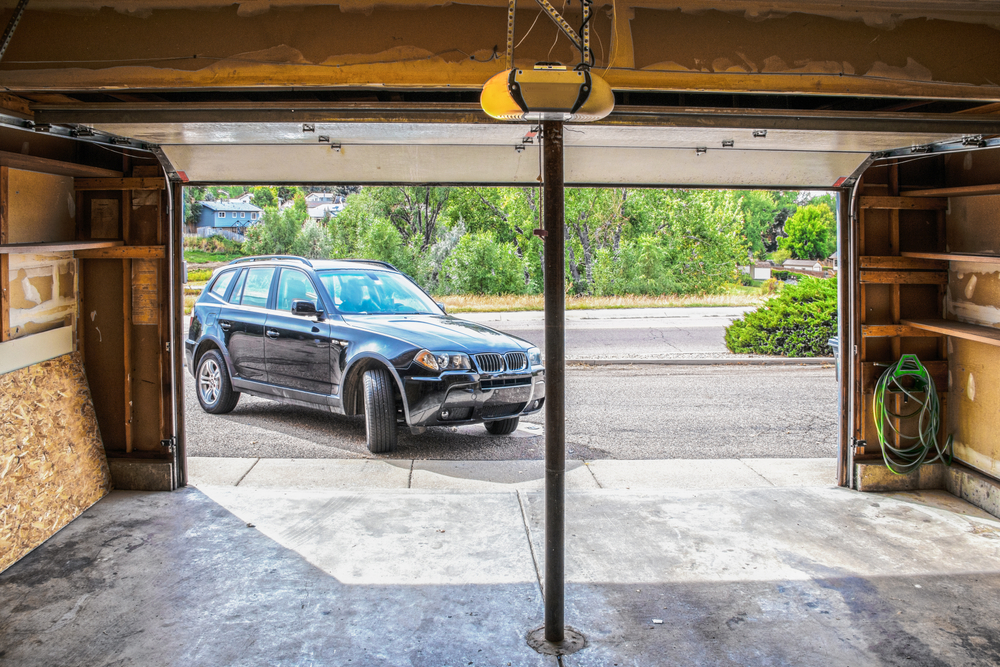
Storing your car in a covered garage helps protect it from weather-related damage, such as sun fading, hail, or snow accumulation, which can deteriorate the car’s exterior over time. Keeping the car sheltered from the elements not only preserves its paint job and reduces rusting, but it also keeps the car looking newer for longer. Buyers are more inclined to purchase a car that’s been protected from harsh weather conditions, as it suggests a longer lifespan and better performance.
Minimize Aftermarket Additions

While customizing your car may reflect your personality, it can often lower resale value, especially if the modifications don’t appeal to a broad audience. Aftermarket additions, like flashy rims or loud exhausts, can narrow your pool of potential buyers who prefer a stock vehicle. Keeping your car close to its original factory condition ensures it maintains broad appeal, increasing the likelihood of a higher resale price. Stock cars are often seen as more reliable and trustworthy by buyers.
Consider Upgrades
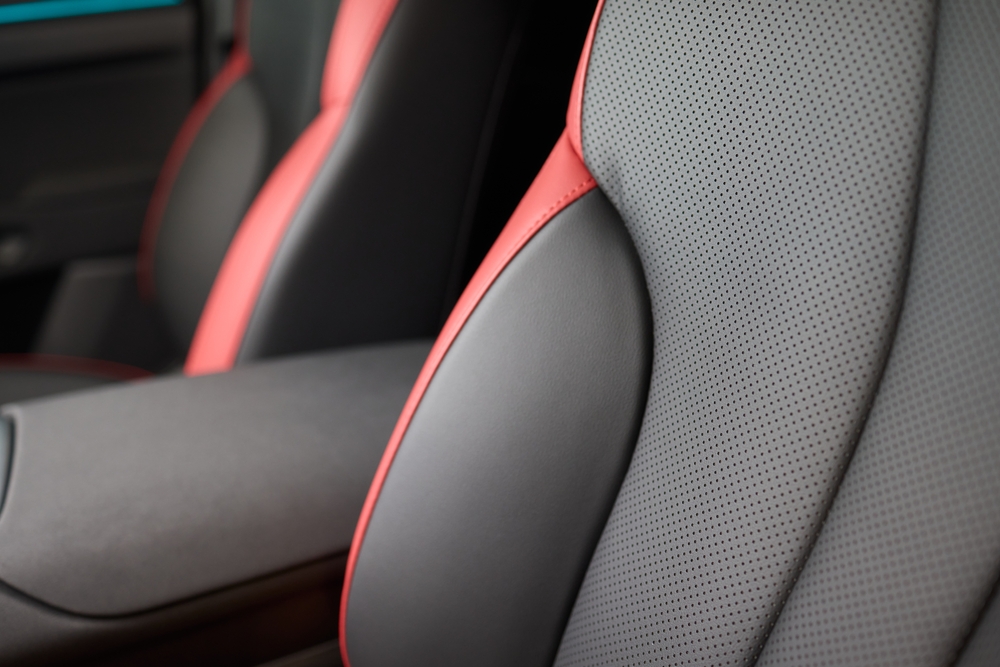
Smart upgrades can increase a car’s resale value, especially if they improve safety or functionality. Consider adding features like a backup camera, Bluetooth connectivity, or newer tires, as these are practical additions that many buyers now expect. Upgrades that enhance the driving experience without altering the vehicle’s core identity can make your car stand out in the market and justify a higher asking price. Be selective and focus on upgrades that increase the car’s value without over-investing.
Maintain Optimal Tire Condition

Tires are one of the first things potential buyers inspect, as they reflect the overall condition of the car. Ensuring that your tires are well-maintained and replaced when necessary not only improves driving safety but also enhances the car’s resale value. Tires with minimal wear suggest that the car has been driven responsibly and that future costs for the buyer will be lower. It’s a simple hack that can significantly affect how your car is perceived during resale.
Keep Original Parts

Whenever possible, retain the original parts of your car, including the engine components and body parts, as they maintain the car’s authenticity and reliability. Buyers appreciate cars with their original factory components, as these are seen as less likely to have major mechanical issues. Replacing parts with non-factory versions can create doubts about the car’s history, leading to lower offers. Original parts enhance trust in the car’s longevity and overall value.
Regular Oil Changes
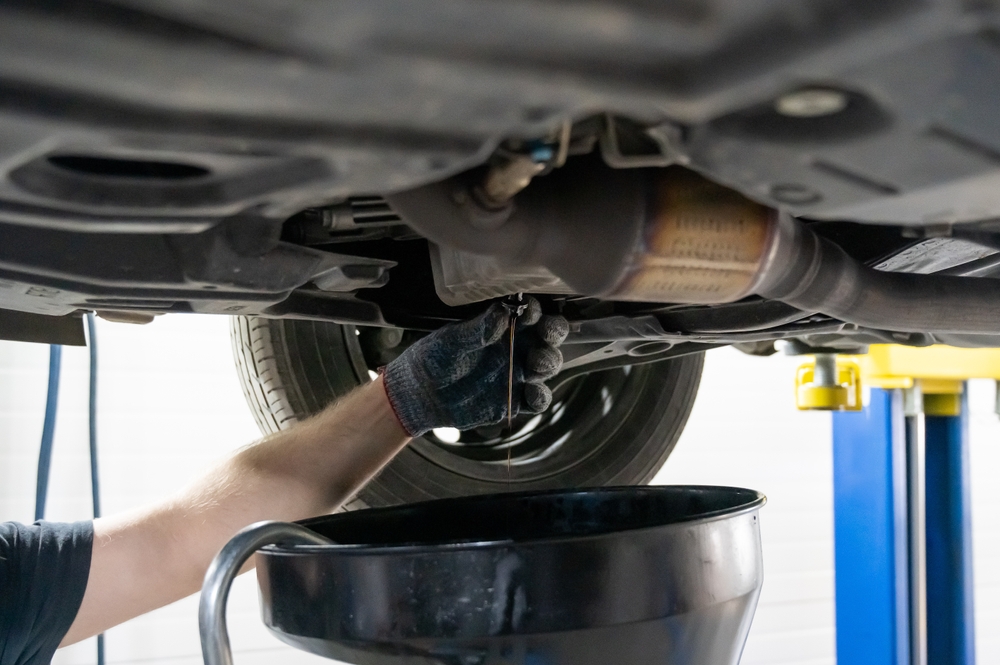
Regular oil changes are essential to maintaining the engine’s health, which directly impacts the car’s longevity and performance. A well-maintained engine leads to smoother operation and fewer costly repairs, making your car more attractive to buyers. Demonstrating that oil changes have been performed regularly adds to the vehicle’s appeal, as it shows a commitment to routine maintenance, ultimately helping you secure a higher resale value.
Keep Your Mileage in Check
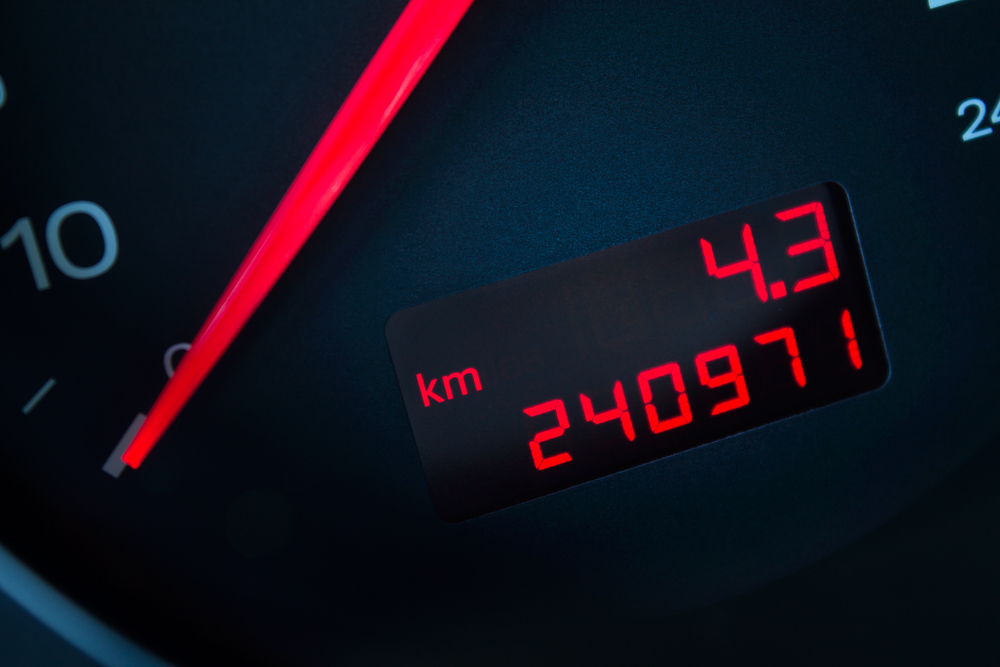
The more miles on a car, the lower its resale value tends to be. While it’s impossible to avoid driving your vehicle, minimizing unnecessary trips and carpooling when possible can help you keep mileage under control. Potential buyers see lower mileage as an indicator of less wear and tear on the car, increasing its appeal and perceived value. A car with lower mileage often fetches a higher price since it suggests longer-term reliability.
Detail Your Car Before Sale
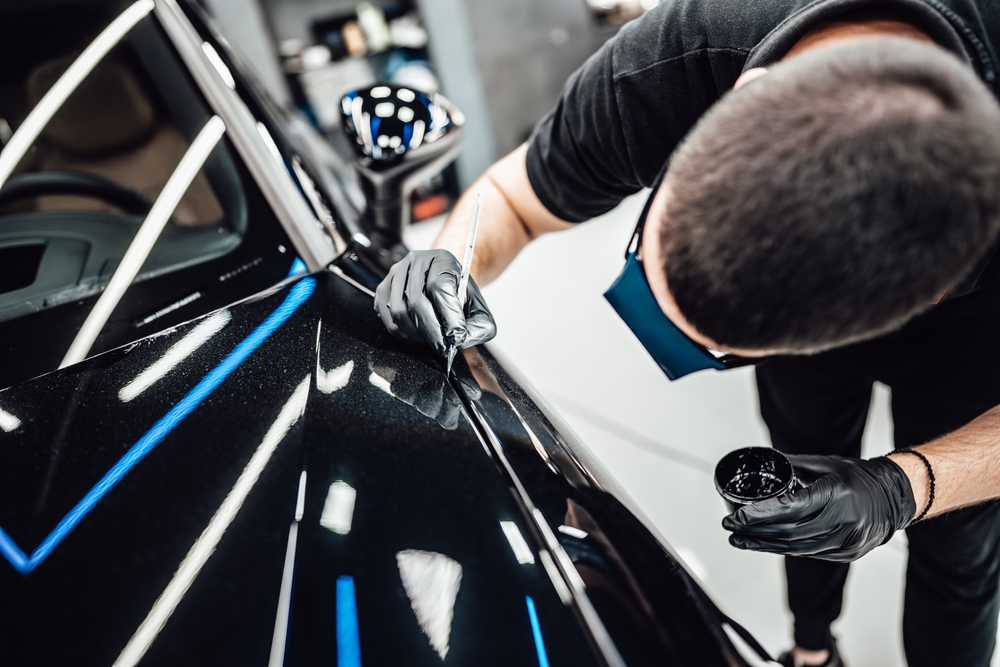
Getting your car professionally detailed before putting it on the market can make a significant difference in how potential buyers perceive it. A detailed car looks well cared for and can even hide minor imperfections, helping to present the vehicle in the best light possible. Buyers are more likely to offer higher prices for a car that looks almost new, and detailing gives the impression that the vehicle has been meticulously maintained.
Price Your Car Competitively
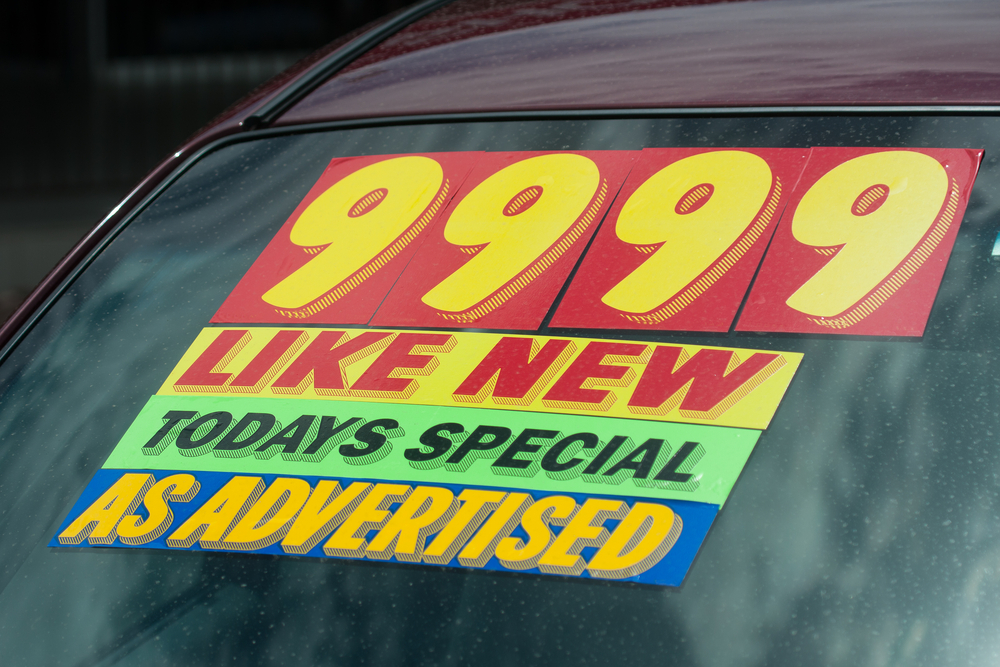
Finally, researching market trends and setting a competitive price based on your car’s make, model, age, and condition is crucial to maximizing resale value. Pricing too high may drive away potential buyers, while pricing too low could leave money on the table. Aim for a price that reflects the car’s condition, upgrades, and low mileage to attract serious buyers who are willing to pay a premium for a well-maintained vehicle.
This article originally appeared on MyCarMakesNoise.
More from MyCarMakesNoise
10 Vintage RVs That Collectors Tend to Pass Over

Collecting vintage RVs can be a rewarding hobby, but not every model gets the same attention. Some are often overlooked by collectors, whether due to their design, maintenance challenges, or lack of modern appeal. Read More.
18 Myths About Premium Gasoline You Need to Stop Believing

Many drivers assume premium gasoline is always the better choice, but that’s not always true. From claims of better performance to improved fuel economy, plenty of myths surround this high-octane option. Read More.
8 Famous Limousines from Hollywood Blockbusters

Limousines have long been a symbol of luxury and power, making them the perfect vehicles for memorable moments in Hollywood blockbusters. From sleek, high-tech rides to extravagant, custom designs, these limos add flair and character to the films they appear in. Read More.

